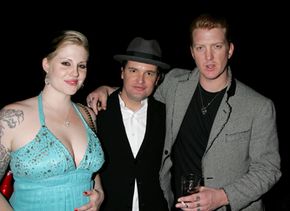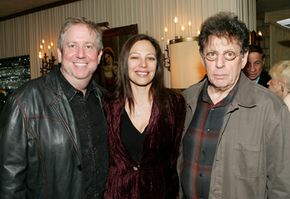The band was ready for its gig in a southeast concert hall with the music practiced, the flight and hotel booked, the equipment leased and the stage arrangements set. But two weeks out, the music agent discovered that tickets hadn't been sold, and he didn't have a signed contract or the deposit from the concert promoter. Three days out, the contract and deposit still hadn't appeared.
After a conference call with the music agent, the promoter and the band's manager, the concert was canceled, with the deposit still due to the agency. "Send me the money, or you'll never get a show from this agency again," the music agent told the promoter. Seven months later, the money unexpectedly showed up.
Advertisement
That's one reason why a band needs a music booking agent, says Max McAndrew, a former music agent with International Creative Management who is now a talent buyer and concert promoter for The House of Blues. McAndrew describes a music agent, or booking agent, as an extra member of the band -- someone who opens doors of opportunity but also fixes booking problems for a band while it's on the road [source: StarPolish].
Music agents, sometimes also called talent agents, can open doors that a band can't on its own. That's because an agent spends time building the necessary contacts with concert promoters, sponsors and others who play a part in bringing musicians together with their audiences. And an agent knows the ins and outs of complicated contracts in ways that bands don't.
Being a music agent combines responsibility with the chance to help talented musicians gain the notice they deserve. Becoming a successful agent takes passion, contacts, hard work, people skills, sales expertise and a talent for hard-headed negotiations combined with a thorough knowledge of the legal complexities of the music industry.
What is a music agent? And how does an agent spend his or her day? How do music agents break into the business? Read on to find out.
Advertisement



